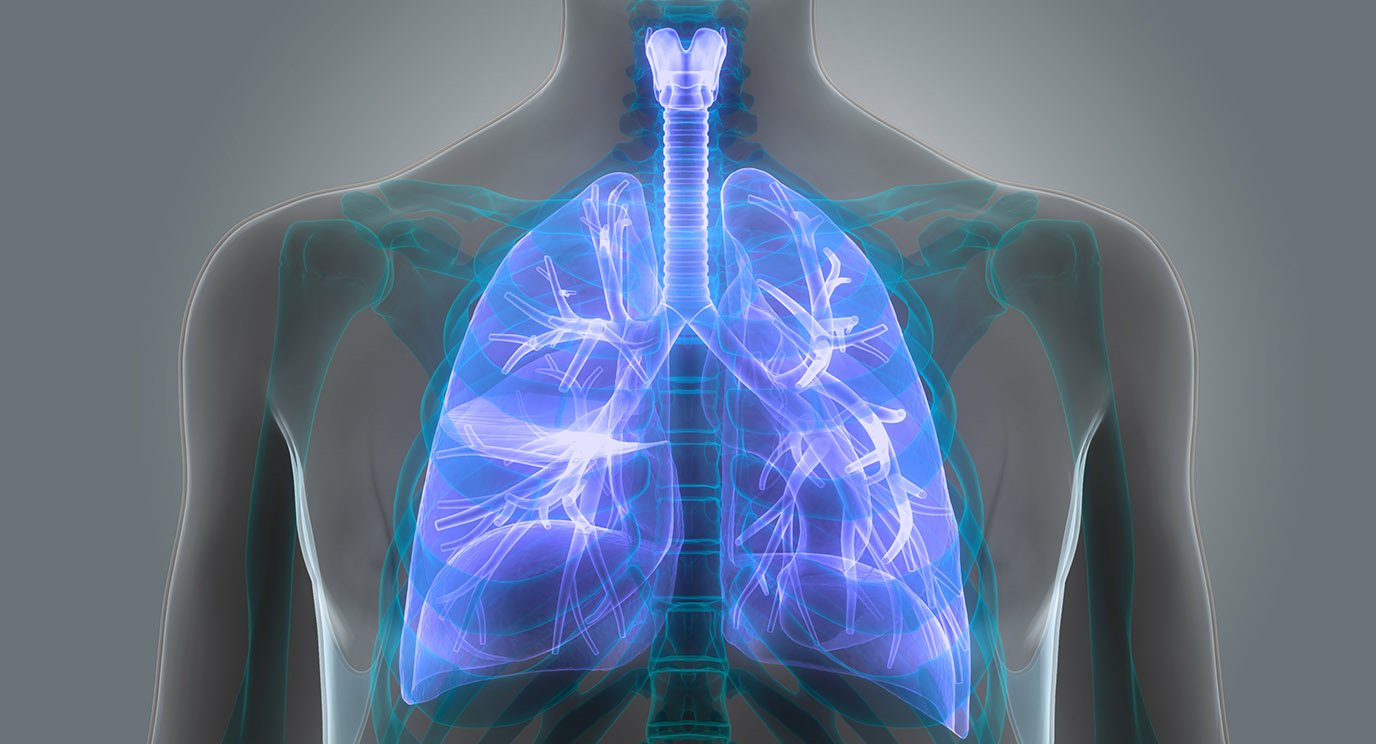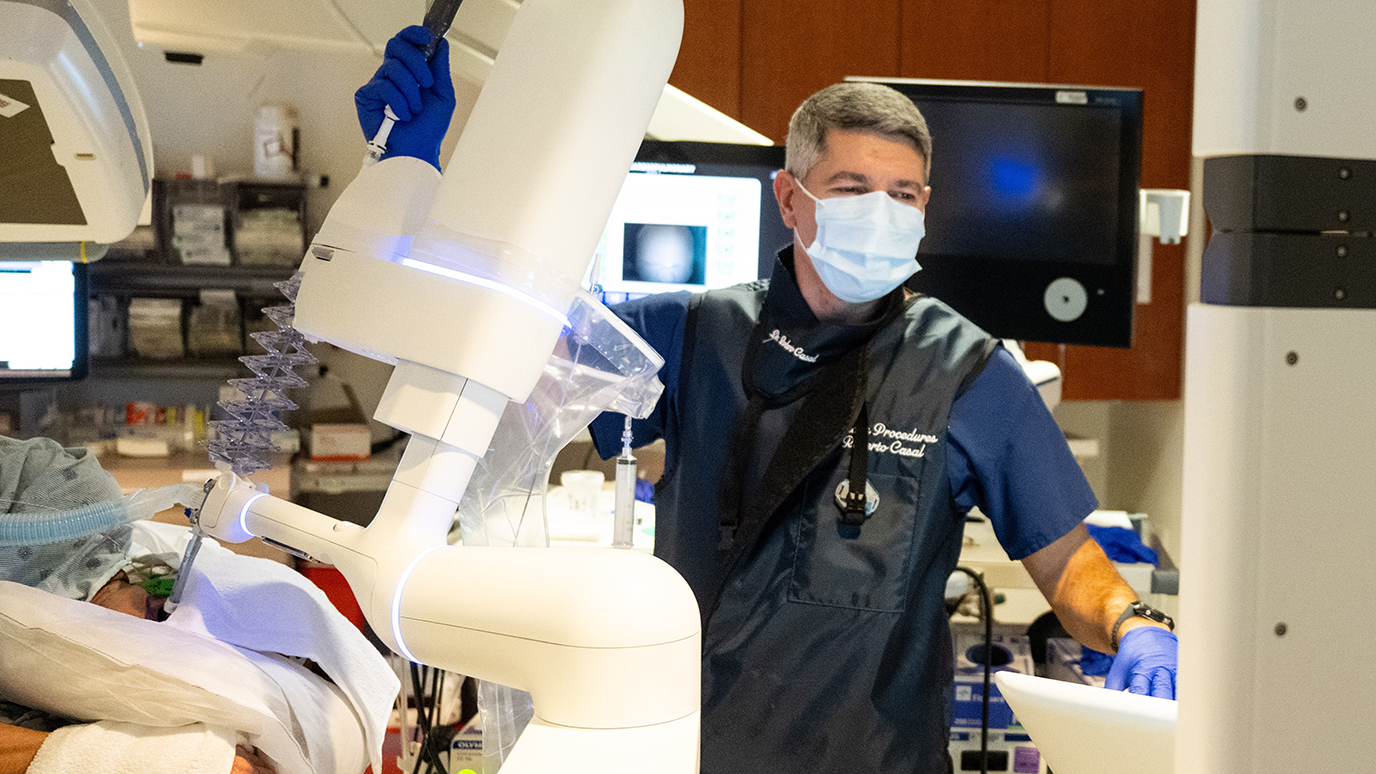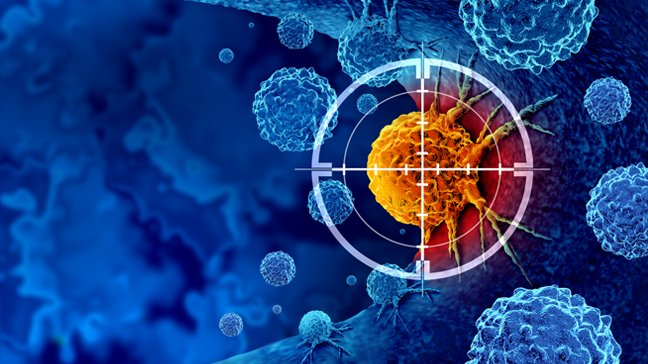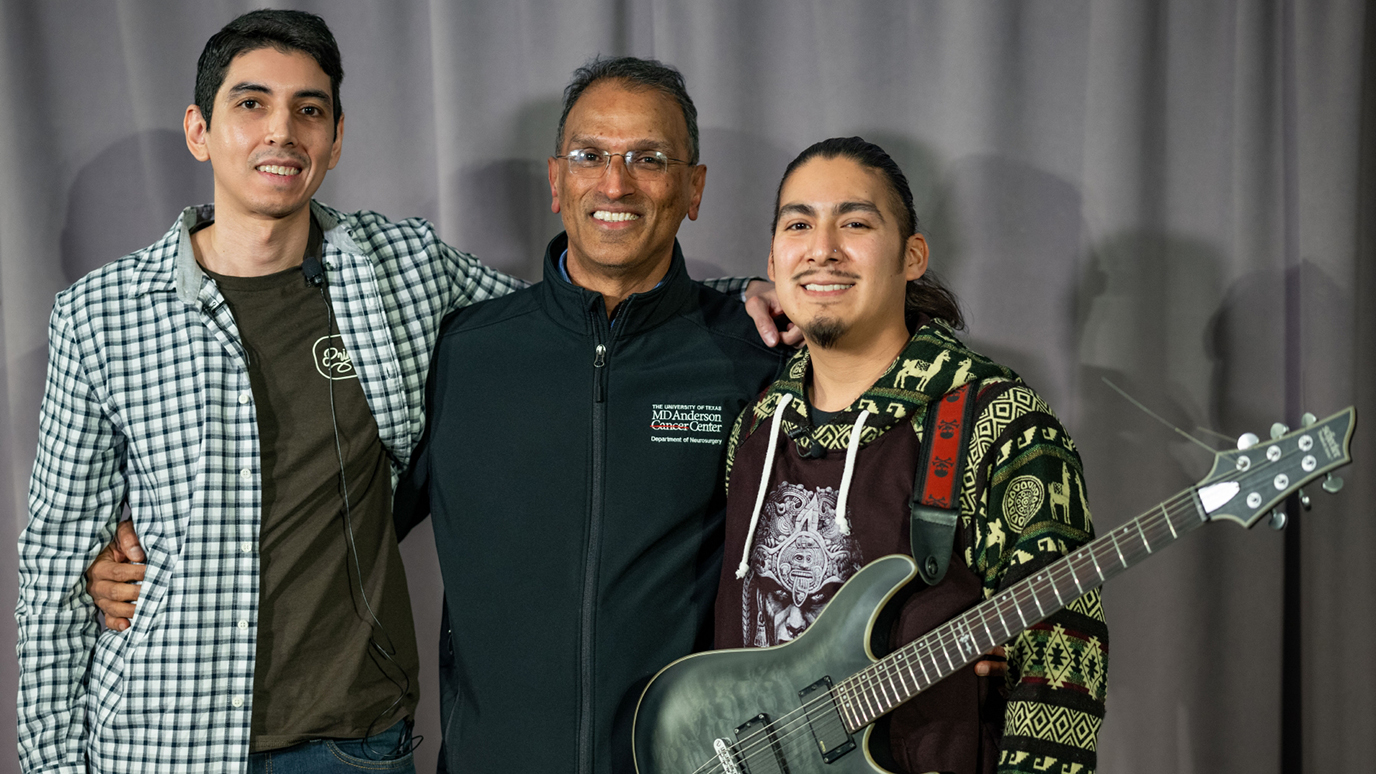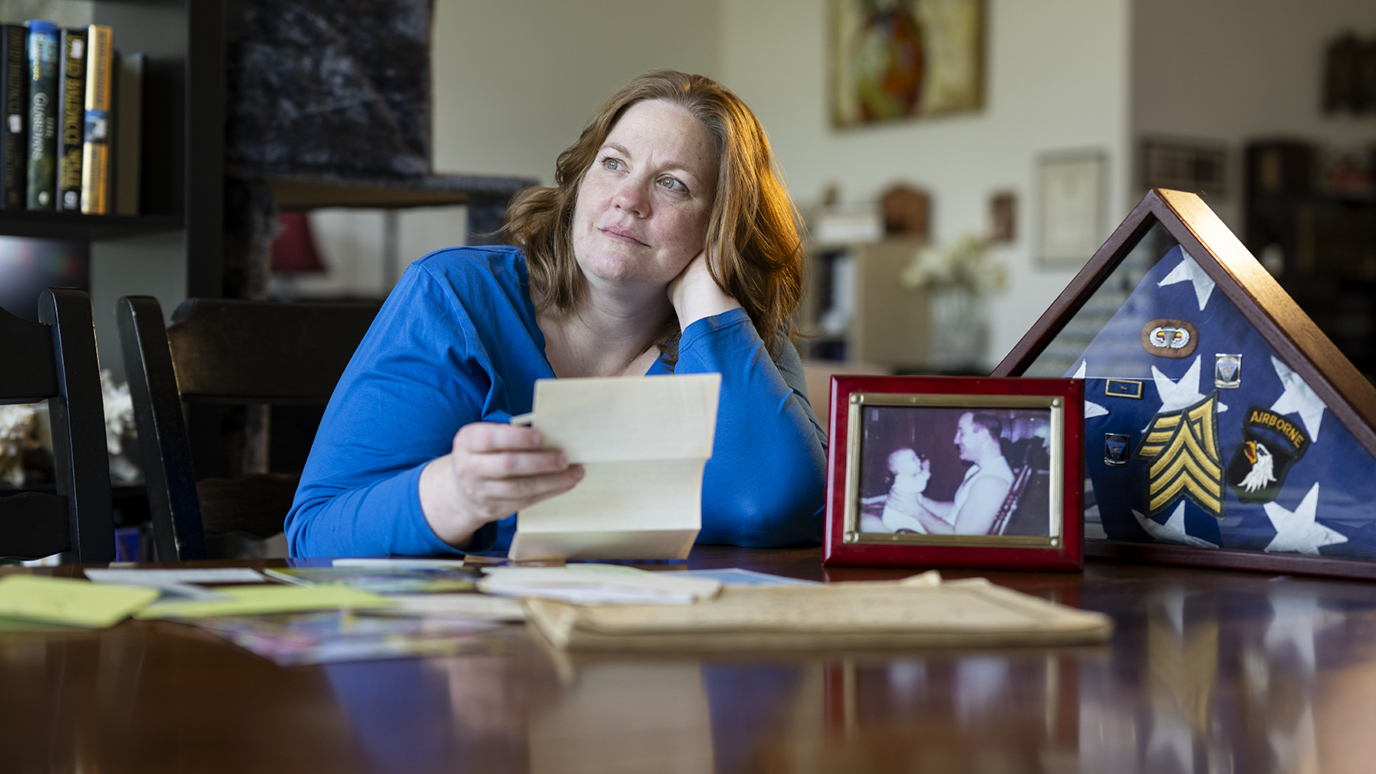- Diseases
- Acoustic Neuroma (14)
- Adrenal Gland Tumor (24)
- Anal Cancer (66)
- Anemia (2)
- Appendix Cancer (16)
- Bile Duct Cancer (28)
- Bladder Cancer (68)
- Brain Metastases (28)
- Brain Tumor (228)
- Breast Cancer (716)
- Breast Implant-Associated Anaplastic Large Cell Lymphoma (2)
- Cancer of Unknown Primary (4)
- Carcinoid Tumor (8)
- Cervical Cancer (154)
- Colon Cancer (164)
- Colorectal Cancer (110)
- Endocrine Tumor (4)
- Esophageal Cancer (42)
- Eye Cancer (36)
- Fallopian Tube Cancer (6)
- Germ Cell Tumor (4)
- Gestational Trophoblastic Disease (2)
- Head and Neck Cancer (6)
- Kidney Cancer (124)
- Leukemia (344)
- Liver Cancer (50)
- Lung Cancer (288)
- Lymphoma (284)
- Mesothelioma (14)
- Metastasis (30)
- Multiple Myeloma (98)
- Myelodysplastic Syndrome (60)
- Myeloproliferative Neoplasm (4)
- Neuroendocrine Tumors (16)
- Oral Cancer (100)
- Ovarian Cancer (170)
- Pancreatic Cancer (166)
- Parathyroid Disease (2)
- Penile Cancer (14)
- Pituitary Tumor (6)
- Prostate Cancer (144)
- Rectal Cancer (58)
- Renal Medullary Carcinoma (6)
- Salivary Gland Cancer (14)
- Sarcoma (236)
- Skin Cancer (294)
- Skull Base Tumors (56)
- Spinal Tumor (12)
- Stomach Cancer (60)
- Testicular Cancer (28)
- Throat Cancer (90)
- Thymoma (6)
- Thyroid Cancer (98)
- Tonsil Cancer (30)
- Uterine Cancer (78)
- Vaginal Cancer (14)
- Vulvar Cancer (18)
- Cancer Topic
- Adolescent and Young Adult Cancer Issues (20)
- Advance Care Planning (10)
- Biostatistics (2)
- Blood Donation (18)
- Bone Health (8)
- COVID-19 (362)
- Cancer Recurrence (120)
- Childhood Cancer Issues (120)
- Clinical Trials (622)
- Complementary Integrative Medicine (24)
- Cytogenetics (2)
- DNA Methylation (4)
- Diagnosis (226)
- Epigenetics (6)
- Fertility (62)
- Follow-up Guidelines (2)
- Health Disparities (14)
- Hereditary Cancer Syndromes (122)
- Immunology (18)
- Li-Fraumeni Syndrome (8)
- Mental Health (118)
- Molecular Diagnostics (8)
- Pain Management (64)
- Palliative Care (8)
- Pathology (10)
- Physical Therapy (18)
- Pregnancy (18)
- Prevention (888)
- Research (388)
- Second Opinion (74)
- Sexuality (16)
- Side Effects (602)
- Sleep Disorders (10)
- Stem Cell Transplantation Cellular Therapy (216)
- Support (404)
- Survivorship (322)
- Symptoms (186)
- Treatment (1770)
Personalized treatment helps retired physician overcome dual cancer diagnoses
BY Jade Waddy
3 minute read | Published April 07, 2025
Medically Reviewed | Last reviewed by Naveen Pemmaraju, M.D., on April 07, 2025
As a medical student at Baylor College of Medicine, Steve Meltzer traveled past MD Anderson many times. However, he never thought he would one day be a patient here.
In October 2020, just six weeks before he planned to retire from his long career as a physician, he was simultaneously diagnosed with both T-cell acute lymphoblastic leukemia (T-ALL) and blastic plasmacytoid dendritic cell neoplasm (BPDCN). BPDCN is a rare and aggressive blood cancer that often transforms into acute leukemia. The disease impacts approximately 500 to 1,000 people in the U.S. each year. T-ALL is also an acute leukemia that begins in the bone marrow and lymph nodes and can spread to other organs.
For Steve, the diagnosis came as a surprise, and it took several tests and doctors’ appointments to explain a mysterious mass on his clavicle.
An ear, nose and throat doctor had encouraged him to get a biopsy of the mass, but that testing didn’t find anything. “My white blood cell count was very low, but there was no indication of cancer,” Steve recalls. “Later, I went to a hematologist to repeat more blood work and do a bone marrow aspiration, which also came back negative.”
By this time, the mass had grown slightly. His doctors were stumped. As a physician himself, so was Steve.
A dual diagnosis: BPDCN and T-cell acute lymphoblastic leukemia
During a routine skin screening with his dermatologist, she saw the mass and insisted he get a third opinion. This time a surgeon removed the mass, examined it and determined it was BPDCN and T-ALL.
“It’s hard to know when the mass really started. Doctors were stumped until the mass was finally removed,” Steve says. “This type of cancer is so rare that there are few doctors who treat it, but my hematologist found Dr. Pemmaraju and said go to MD Anderson.” Meltzer met with Naveen Pemmaraju, M.D., a leukemia expert specializing in BPDCN.
BPDCN is often misdiagnosed since it is so rare and shares symptoms of other blood cancers.
“I’m glad he was able to get to us when he did because we were able to assess him and get a treatment plan going almost immediately,” Pemmaraju says. “We initially wanted to enroll him in a clinical trial that was ongoing at the time; however, because he also had heart disease, we had to discuss alternatives.”
Doctors personalize BPDCN and T-cell acute lymphoblastic leukemia treatment
Pemmaraju worked with oncocardiologist Elie Mouhayar, M.D., and stem cell transplant specialist Muzaffar Qazilbash, M.D., to examine Steve’s case. They determined chemotherapy followed by stem cell transplant was the best route for him and would ensure his heart would withstand treatment.
The chemotherapy he received was an innovative hybrid regimen incorporating systemic alternating multi-agent chemotherapy and central nervous system prophylactic chemotherapy developed by Pemmaraju and Hagop Kantarjian, M.D., for Steve’s unique case of extremely rare, life-threatening dual cancers and heart disease. The personalized, innovative regimen was based on chemotherapy principles of multi-agent delivery that Kantarjian originally described and pioneered over the past several decades. The chemotherapy and stem cell transplant were both successful.
Gratitude for the experts
Four years later, both cancers are in remission, and Steve has tremendous gratitude for all the doctors who played a role in determining his diagnosis and treating him successfully.
“I’ve been able to enjoy retirement with my wife, watch television together for what feels like the first time in decades, work on my old jalopies, and spend time with our friends and family,” Steve says. “I relinquished a lot of control during my treatment at MD Anderson, which is rare for me as a physician. I trusted the experts, and they did not let me down.”
Request an appointment at MD Anderson online or call 1-844-978-0661.
Related Cancerwise Stories

I trusted the experts, and they did not let me down.
Steve Meltzer, M.D.
Survivor

